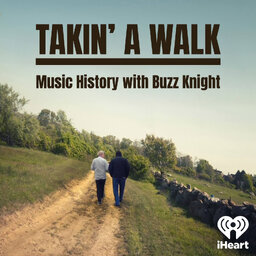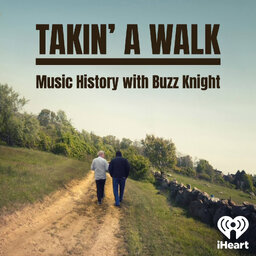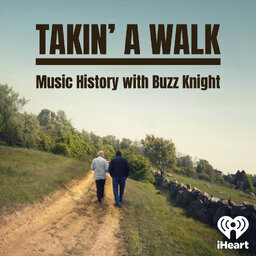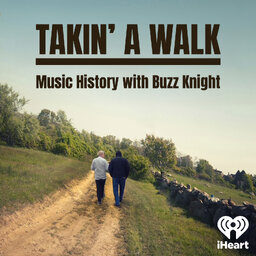Classic Replay with Damon Dash and Freeway-Music History
Join @thebuzzknight with this Classic Replay with Damon Dash and Freeway. Freeway is an American rapper, and Damon is a musician and music executive, in the news today involving his stake in Jay-Z's Rock-A Fella Records, where the state of New York says Damon owes more than 8.7 million in unpaid taxes and that proceeds of the sale of Rock-A-Fella must be used to pay down debt.
Listen to this episode where Damon doesn't mince words about his feelings about Jay-Z.
If you have questions or comments, write buzz@buzzknightmedia.com
Connect with Buzz on Twitter @TheBuzzKnight and Instagram @takinawalkpodcast.
Like this show? Leave us a review here. Review
In 1 playlist(s)
Takin' A Walk - Music History with Buzz Knight
On the Takin’ A Walk-Music History Podcast, Buzz Knight goes deep with American music’s most iconic …Social links
Follow podcast
Recent clips

Buzz Knight and Jake Sumner Discuss Ron Delsener's Impact on Rock Music History and the new documentary "Ron Delsener Presents"
42:25

Discover How Walking Inspires Songwriting with Buzz Knight and Boy Golden: A Deep Dive into Indie Music Stories!
25:10

Takin A Walk with Buzz Knight : Billy Bob Thornton and J. D. Andrew Discuss Their Musical Evolution and Fan Connection-Encore Rock Music Interview
29:56
 Takin' A Walk - Music History with Buzz Knight
Takin' A Walk - Music History with Buzz Knight